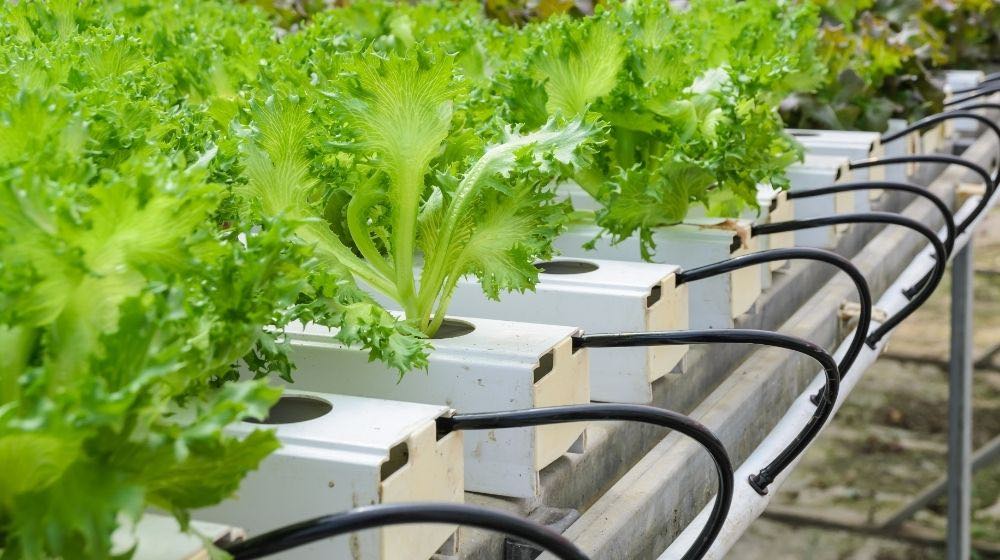Hydroponics, a revolutionary method of growing plants without soil, is transforming the way we approach agriculture and horticulture. By harnessing the power of water, nutrients, and technology, hydroponics offers numerous benefits and opens up exciting possibilities for sustainable and efficient food production. In this blog post, we will delve into the fascinating world of hydroponics, exploring its principles, advantages, and its potential to shape the future of farming.
- The Basics of Hydroponics: Hydroponics is a cultivation technique that involves growing plants in a nutrient-rich water solution, bypassing the need for traditional soil-based systems. Instead, plants are typically housed in an inert medium such as perlite, rockwool, or coconut coir, providing support for the roots while allowing them access to water and nutrients. This soil-less approach allows for precise control over growing conditions, including nutrient balance, pH levels, and water availability.
- Efficient Resource Utilization: One of the key advantages of hydroponics is its ability to optimize resource utilization. By providing plants with a precisely tailored nutrient solution, hydroponic systems can deliver essential elements directly to the roots, minimizing waste and reducing the need for excessive water usage. Compared to traditional soil-based agriculture, hydroponics can significantly decrease water consumption while maximizing nutrient uptake, resulting in higher crop yields per unit of water and fertilizer used.
- Year-Round Production and Space Efficiency: Hydroponics enables year-round cultivation, irrespective of climatic conditions. By utilizing controlled environment systems such as greenhouses or indoor facilities, growers can create ideal conditions for plant growth regardless of external weather variations. Moreover, hydroponic systems can be designed vertically, allowing for high-density cultivation in limited spaces. This vertical farming approach maximizes land utilization, making hydroponics an attractive solution for urban areas with limited available land.
- Enhanced Plant Growth and Crop Quality: In hydroponics, plants have direct access to all the necessary nutrients, promoting accelerated and healthy growth. The precise control over nutrient delivery allows growers to fine-tune the nutrient composition based on plant requirements, resulting in optimal nutrient absorption and improved crop quality. Additionally, hydroponics eliminates the risk of soil-borne diseases, pests, and weeds, reducing the need for chemical pesticides and herbicides, and enhancing the overall health and vigor of plants.
- Sustainable and Eco-Friendly Farming: Hydroponics is inherently eco-friendly and sustainable. By reducing water usage, minimizing fertilizer runoff, and eliminating soil erosion, hydroponics presents a greener alternative to conventional farming practices. Moreover, hydroponic systems can be integrated with other sustainable practices such as recycling and using renewable energy sources, further reducing the environmental footprint of food production.
Hydroponics represents a groundbreaking approach to agriculture, offering efficient, resource-conscious, and sustainable solutions to food production challenges. Through precise control of growing conditions, year-round cultivation, space efficiency, and enhanced crop quality, hydroponics has the potential to revolutionize the way we grow and consume food. As we strive for a more sustainable and resilient future, hydroponics emerges as an exciting frontier in farming, enabling us to cultivate success without relying on traditional soil-based methods.
